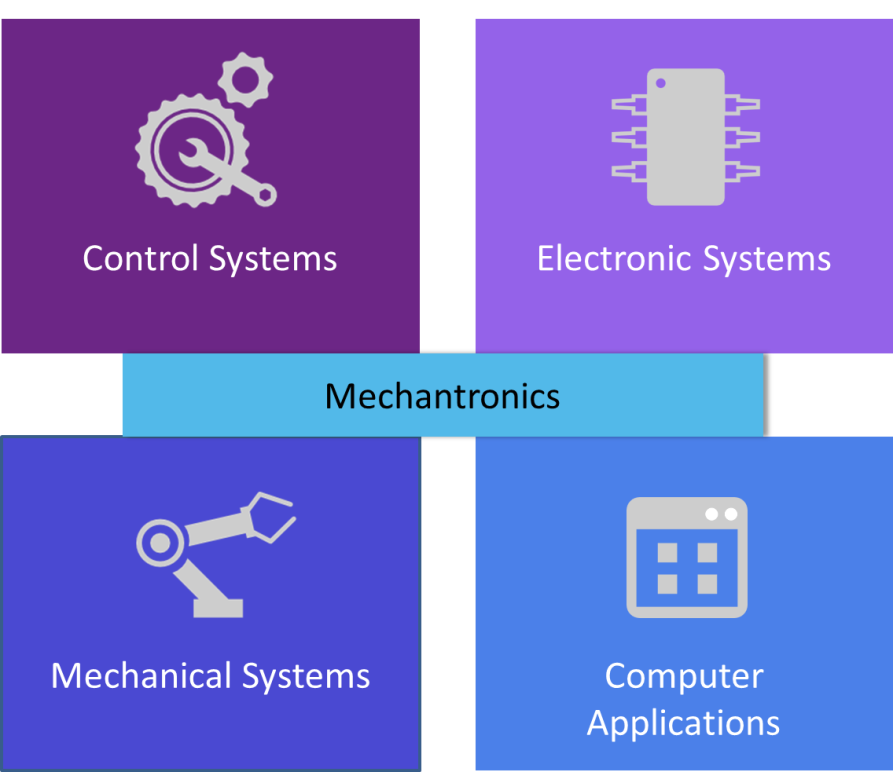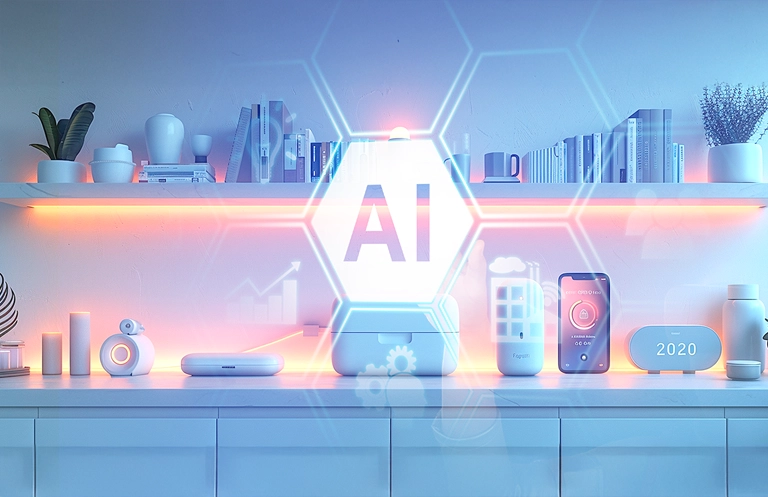Consider this.
A patient shows up gastrointestinal bleeding and the physicians want to locate the source of the bleed. The patient swallows a small pill, but instead of vitamins it contains a camera, a transmitter, and a battery. Using wireless connectivity the capsule transmits the images to a memory card, accessed by the physicians identify with remarkable precision the source of the bleed. Not to mention the patient goes through a painless procedure over the discomfort of having a tube swallowed through the digestive tract.
While pills like this have been designed since early 90’s, it wasn’t until the last few years that they became more common cause in diagnostic medicine. And that’s because in the last decade we are seeing a sizeable degree of innovation in electronics and mechanical fields. The recent development on both fronts i.e. CAD modelling, precision machining and improved prototype designs have evolved drastically on the Mechanical front whereas miniaturization of electronics, high precision sensors, advanced telemetry enabling simulation and sensing capability as well as wireless connectivity and advanced software processing have played a key role in pushing its cause.

Some of the value added benefits of Mechatronics replacing the traditional techniques have been mentioned below:
- Reduction in the size of the devices
- Development of low cost disposable devices, which has been the need of the day
- Portability of devices
- Greater accuracy and precision
- Greater efficiency
The benefits of Mechatronics have been seen in the form of 3D printing, which has changed the face of the medical devices industry. 3D printing is now being used to print stem cells, blood vessels, heart tissues, prosthetic organs and skin. In addition to that 3D printing also helps in studying cancer by printing the infected cells; this leap of technology would help in developing enhanced medication to fight against the deadly disease. The medical market for 3D printers has been forecasted to grow by 365% i.e. $867M by 2025 according to IDTechEx analysts.
eInfochips understands these design nuances and offers mechanical and electrical design services to customers across the globe. By leveraging our current expertise on MCAD (3D, 2D) & ECAD, Thermal Analysis, Static, Dynamic, Vibration, Drop, CFD, DFx Methodologies: DFMEA, PFMEA, Tolerance Stack up Analysis, High Level Design reviews / Low level design review, Prototype Design kick-off (Soft and hard) we have been able to develop as well as reduce the size of existing Medical devices. In addition to that eInfochips has also associated as an end-to-end development partner for developing a remote drug dispensing project a one of kind in the industry.
In conclusion, the key developments in Mechatronics are driving entrepreneurs to innovate technologies that would shape the healthcare of the future which is safe and more importantly painless.












